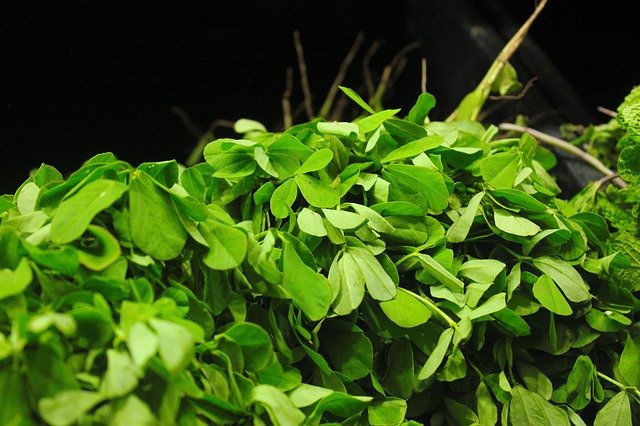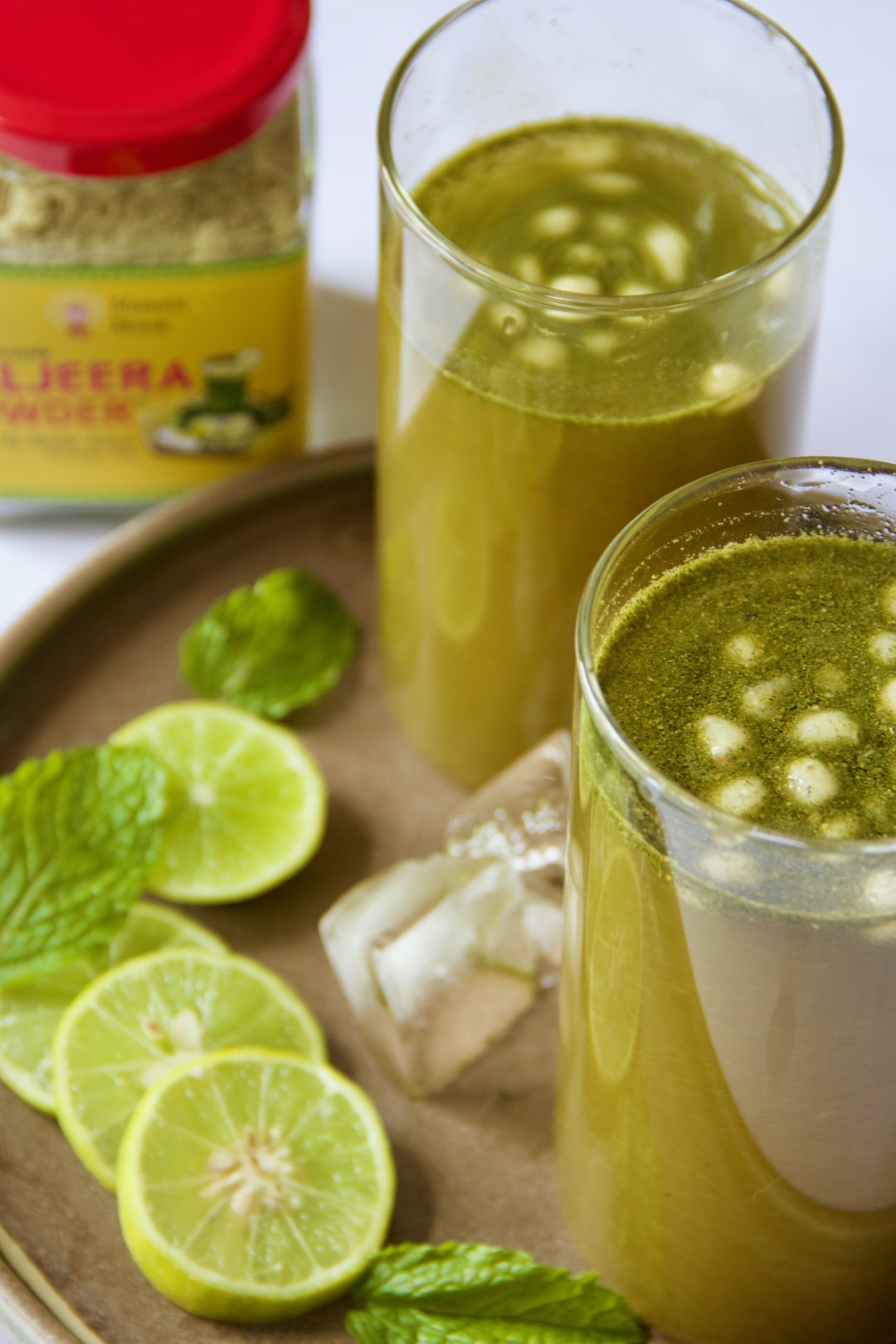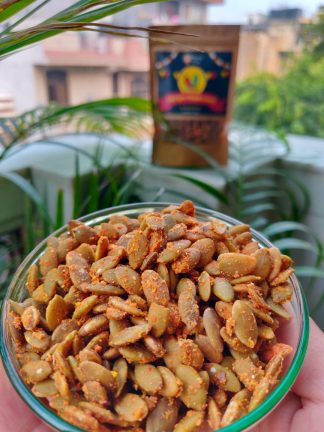
Introduction 🚀
Fenugreek, a herb commonly used in Indian cuisine and traditional medicine, has gained attention for its potential benefits in weight loss and reducing belly fat. In this comprehensive blog post, we will delve into the benefits of fenugreek for belly fat reduction, explore the scientific evidence behind its effectiveness, discuss the various ways to incorporate fenugreek into your diet, provide tips on dosage and usage, and address frequently asked questions about fenugreek and its role in weight loss.
Understanding the Benefits of Fenugreek for Belly Fat Reduction 🌿⚖️
Fenugreek offers several potential benefits for reducing belly fat:
- Metabolism Booster: Fenugreek seeds contain compounds like galactomannan, which can help boost metabolism. By increasing the metabolic rate, fenugreek may enhance calorie burning and contribute to weight loss, including the reduction of belly fat.
- Appetite Suppressant: Fenugreek is known for its appetite-suppressing properties. The soluble fibers present in fenugreek create a feeling of fullness, reducing the urge to overeat and potentially supporting weight loss efforts, including belly fat reduction.
- Blood Sugar Regulation: Fenugreek has been shown to have a positive impact on blood sugar levels. The soluble fibers in fenugreek can slow down the absorption of carbohydrates and help regulate blood glucose levels. Stable blood sugar levels are important for preventing excessive fat storage, including in the abdominal area.
- Digestive Health: Fenugreek has long been used in traditional medicine for its digestive benefits. It can help alleviate digestive issues such as bloating, indigestion, and constipation, which can contribute to belly fat accumulation.
Scientific Evidence and Research on Fenugreek 📚🔬
While fenugreek has been used for centuries for its health benefits, scientific studies have also provided evidence of its effectiveness:
- Metabolic Effects: A study published in the Journal of the International Society of Sports Nutrition investigated the effects of fenugreek extract supplementation on body composition and metabolism in resistance-trained males. The study found that fenugreek supplementation significantly reduced body fat percentage, suggesting its potential for reducing belly fat.
- Appetite Regulation: Research published in the journal Phytotherapy Research examined the effects of fenugreek supplementation on appetite and food intake in overweight and obese individuals. The study reported that fenugreek supplementation significantly reduced hunger levels and calorie intake, indicating its potential as an appetite suppressant.
- Blood Sugar Control: A study published in the Journal of Diabetes and Metabolic Disorders evaluated the effects of fenugreek seed extract on blood sugar levels in individuals with type 2 diabetes. The study found that fenugreek supplementation significantly decreased fasting blood sugar levels and improved glycemic control.
- Digestive Health: Research published in the Journal of Ethnopharmacology highlighted the potential digestive benefits of fenugreek. The study reported that fenugreek supplementation improved gastrointestinal symptoms and promoted bowel regularity.
While these studies provide promising evidence, it’s important to note that more research is needed to further understand the specific effects of fenugreek for belly fat reduction in different populations.
Incorporating Fenugreek into Your Diet 🥘🌿
There are several ways to incorporate fenugreek into your diet to potentially aid in belly fat reduction:
- Fenugreek Seeds: Fenugreek seeds are a popular choice for incorporating fenugreek into your diet. They can be soaked overnight and consumed in the morning on an empty stomach. This can help boost metabolism and aid in digestion.
- Fenugreek Powder: Fenugreek seeds can be ground into a powder using a grinder or mortar and pestle. The powder can be added to smoothies, yogurt, oatmeal, or sprinkled on salads, giving a nutty and slightly bitter flavor to your dishes.
- Fenugreek Leaves: Fresh or dried fenugreek leaves, also known as methi leaves, can be used in cooking. They are commonly used in Indian cuisine and can be added to curries, stews, and stir-fries to add a distinct flavor and aroma.
- Fenugreek Tea: Fenugreek tea can be made by steeping fenugreek seeds or leaves in hot water for about 5-10 minutes. You can add a touch of honey or lemon juice for taste. Fenugreek tea can be consumed warm or chilled and can be enjoyed throughout the day.
Dosage and Usage Tips ⏰💊
When using fenugreek for belly fat reduction, consider the following dosage and usage tips:
- Start with Small Amounts: Begin with a small amount of fenugreek and gradually increase the dosage as per your comfort and tolerance. It’s recommended to start with 1/2 to 1 teaspoon of fenugreek seeds or powder per day.
- Consistency is Key: To experience the potential benefits of fenugreek, consume it regularly as part of your daily routine. Consistency is important for achieving optimal results.
- Hydration Support: Drink an adequate amount of water when consuming fenugreek, as it absorbs liquids and expands in the stomach. This can help promote feelings of fullness and aid in appetite control.
- Consult a Healthcare Professional: If you have any underlying health conditions or are taking medications, consult with a healthcare professional before incorporating fenugreek into your diet.
Frequently Asked Questions (FAQs) ❓📝
- Are there any side effects of consuming fenugreek? Fenugreek is generally safe for most people when consumed in moderate amounts. However, some individuals may experience digestive discomfort, gas, or allergic reactions. It’s advisable to start with small amounts and monitor your body’s response.
- Can fenugreek interact with medications? Fenugreek may interact with certain medications, particularly those that are metabolized by the liver. Consult with a healthcare professional or pharmacist if you’re taking medications to ensure there are no potential interactions.
- Can fenugreek alone reduce belly fat? Fenugreek can be a supportive element in your weight loss journey, but it’s important to combine it with a balanced diet, regular exercise, and a healthy lifestyle to achieve optimal results.
- How long does it take to see results with fenugreek for belly fat reduction? Results may vary depending on various factors such as diet, exercise, metabolism, and individual body composition. Consistency, along with a healthy lifestyle, is key to achieving desired results.
Conclusion 🏁
Fenugreek, with its potential benefits in metabolism boosting, appetite suppression, blood sugar regulation, and digestive health, may be a valuable addition to your weight loss journey, specifically for reducing belly fat. By incorporating fenugreek seeds, powder, leaves, or tea into your diet, you can potentially support your efforts in achieving a slimmer waistline. Remember to start with small amounts, maintain consistency, and listen to your body. As with any dietary changes, it’s always recommended to consult with a healthcare professional or registered dietitian before making significant changes to your diet or weight loss plan.
Disclaimer: This blog post is intended for informational purposes only and should not replace professional medical advice. Consult with a healthcare professional or registered dietitian before making any significant changes to your diet or weight loss plan.










